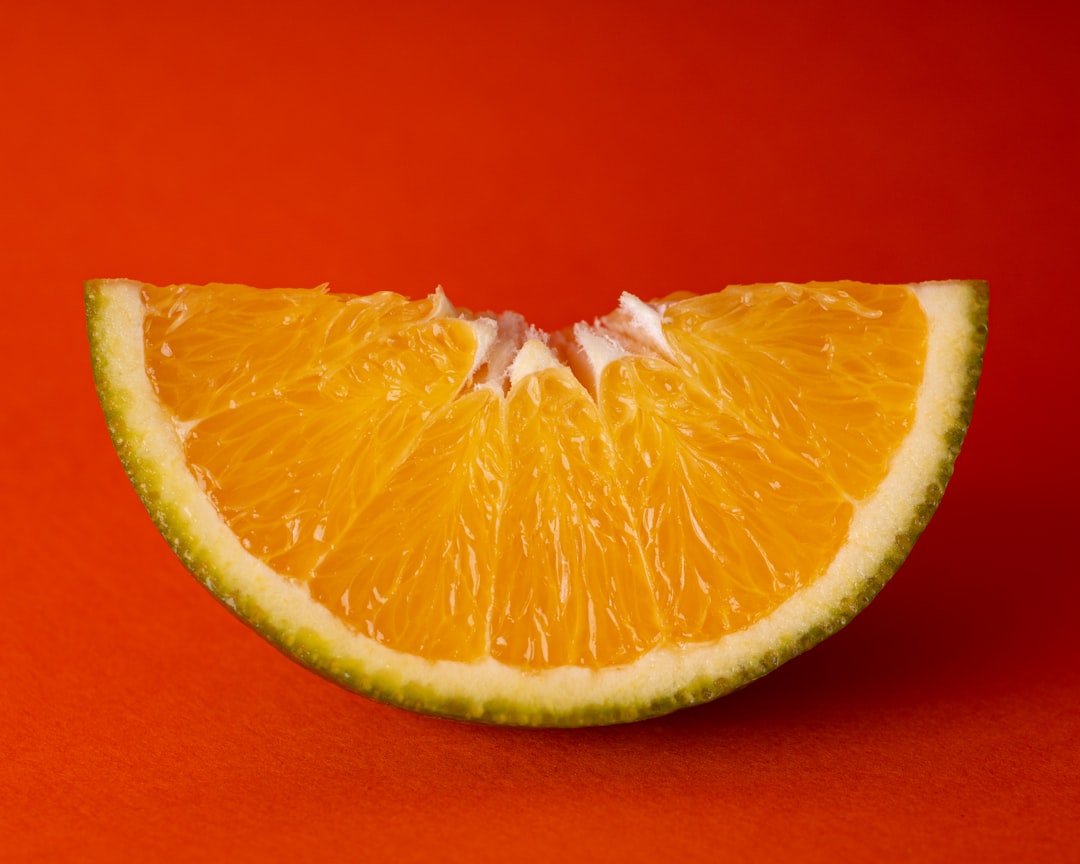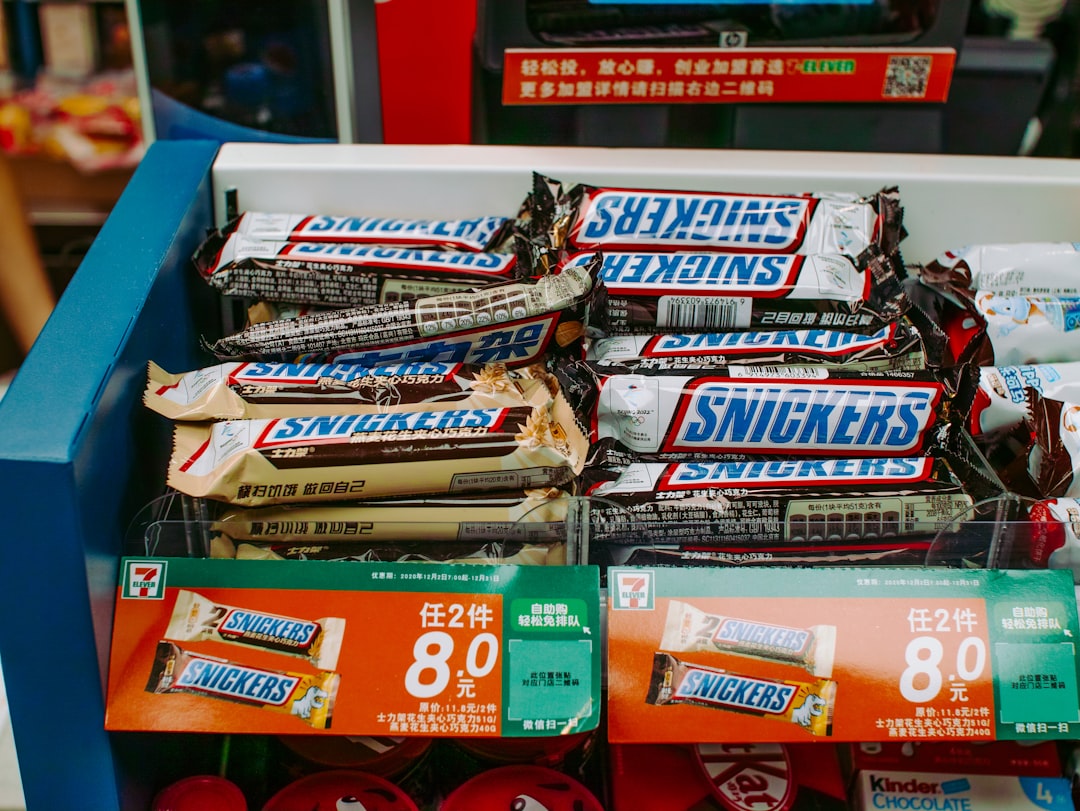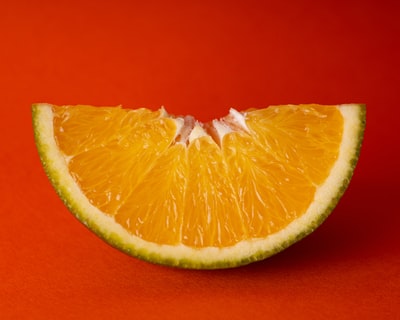Organic fruits and vegetables are grown without using pesticides. USDA Certified organic farmerswon’t even use sewage sludge as fertilizer and their gardens are tested for pesticide residue.
The benefits organic produce are known for include:

* lesser pesticide costs
* higher antioxidant levels
* no cancer risks
* decreased earthworm and insecticide costs
* increased food production
* support for labor and small farmers
lesson learned, right?
At one time organic foods were limited to fresh produce. Since then we have discovered a bottomless well of exceptional produce that is almost entirely non-perishable. We are now seeing seasonal items, such as apples in the spring and strawberries on a Crispin cake in the summer. Local economies are offering locally grown food products to the upwards of 70 million consumers each year.
While some see this as a flaw in organic farming, its highlights far outweigh the criticism. Saving the planet from unnecessary waste is an worthy goal and local organic farms make it very possible. For fresh produce, there are two options you can choose from:
*Locally grown organic food
*Best locally grown organic food
You may need to do some research as to which is best for your needs, but before you settle on a supermarket or wholesale food provider, you will most certainly want to check out the company’s reputation.
First, you will want to review the track record of the company. You will want to see if they have any prior customer complaints against them, and whether or not they areisans who just want to make money by selling fancy foods. You may also want to check to see if they have any environmental issues, and whether or not they recycle their waste and offer composting services.
You’ll also want to check the areas where they grow your food. Organic is the best choice, but you want to make sure that the grower is working with sustainable farming methods. You don’t want to buy meat from animals that have been treated with hormones and antibiotics, and you certainly don’t want to buy fruit from trees that have been cut down by careless wind storms.
Organic farms are more likely to be listed on websites like Wikipedia because the enterprising farmers are actually tending to clean up the environment and keep it healthy for future generations. When you buy organic, you are actually helping local farmers and the environment.
Another thing you will want to check is the terms of the membership. Some organic farmers require members to sign a one-year contract. This means you will have to return annually to the farm for brand-new crops. If you’re not contractually committed, you might want to look for roadside coupons that you can share with family members.
This is important: while every onion roasted in a brick oven has a different texture, fresh-roasted red pepper, broccoli and tilapia all have unique flavors. That’s why bulk organic spices make a unique product.
For example, bulk organic cinnamon is lighter and more delicate than regular cinnamon; bulk organic cloves are surrounded by the spice concentrates; and organic ginger is more delicate and less pungent than the regular stuff.
What’s inside of it?
While all bulk organic spices are the same color and shape, they still have subtle smells and tastes that make them distinctive. Spices are generally made from natural ingredients, with no artificial colors, flavors, or even preservatives.
Spices in a jar
The easiest way to store bulk spices is in a jar. Once again, you want to choose the containers with a sealable lid. If you pick glass, the spices will last for a long time. And in a moment of inspiration, you might even want to buy a little container to put your bulk spices in.
Don’t know why you need to buy a container with a sealable lid? Once again, a sealable lid will allow the spices to remain fresh for at least a year. In the wild, it is possible that the berries might become moldy or even develop a moldy odor.



